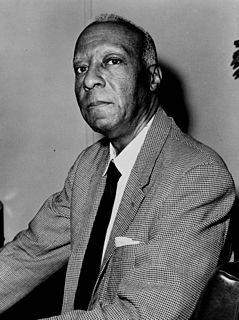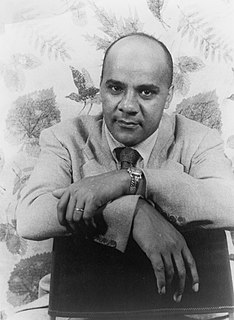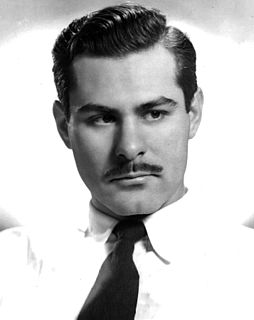A Quote by George Takei
Happily, the days when overt racial discrimination and segregation were championed by social conservatives are long past.
Quote Topics
Related Quotes
...The Court ...[recognizes]...the persistence of racial inequality and a majority's acknowledgement of Congress's authority to act affirmatively, not only to end discrimination, but also to counteract discrimination's lingering effects. Those effects, reflective of a system of racial caste [legal segregation and discrimination] only recently ended, are evident in our work places, markets, and neighborhoods. Job applicants with identical resumes, qualifications, and interview styles still experience different receptions, depending on their race.
The new racism: Racism without 'racists.' Today, racial segregation and division often result from habits, policies, and institutions that are not explicitly designed to discriminate. Contrary to popular belief, discrimination or segregation do not require animus. They thrive even in the absence of prejudice or ill will. It's common to have racism without racists.
In the white community, the path to a more perfect union means acknowledging that what ails the African-American community does not just exist in the minds of black people; that the legacy of discrimination - and current incidents of discrimination, while less overt than in the past - are real and must be addressed.
There could be no more powerful argument against mixing religion and government than the success of independent African American churches in placing racial segregation and discrimination on a reluctant nation's social agenda. Would black churches have been able to take the lead in the struggle had they been dependent on funds doled out for 'faith-based initiatives' . . . ?
One of life's intriguing paradoxes is that hierarchical social order makes cheap rents and outré artists' colonies possible. Raffish bohemian neighborhoods flourished in the days of racial segregation; under integration the artistic poor have no safe places in which to create.... If America lacks a vigorous culture it is partly because studios and ateliers have become crack houses.




































